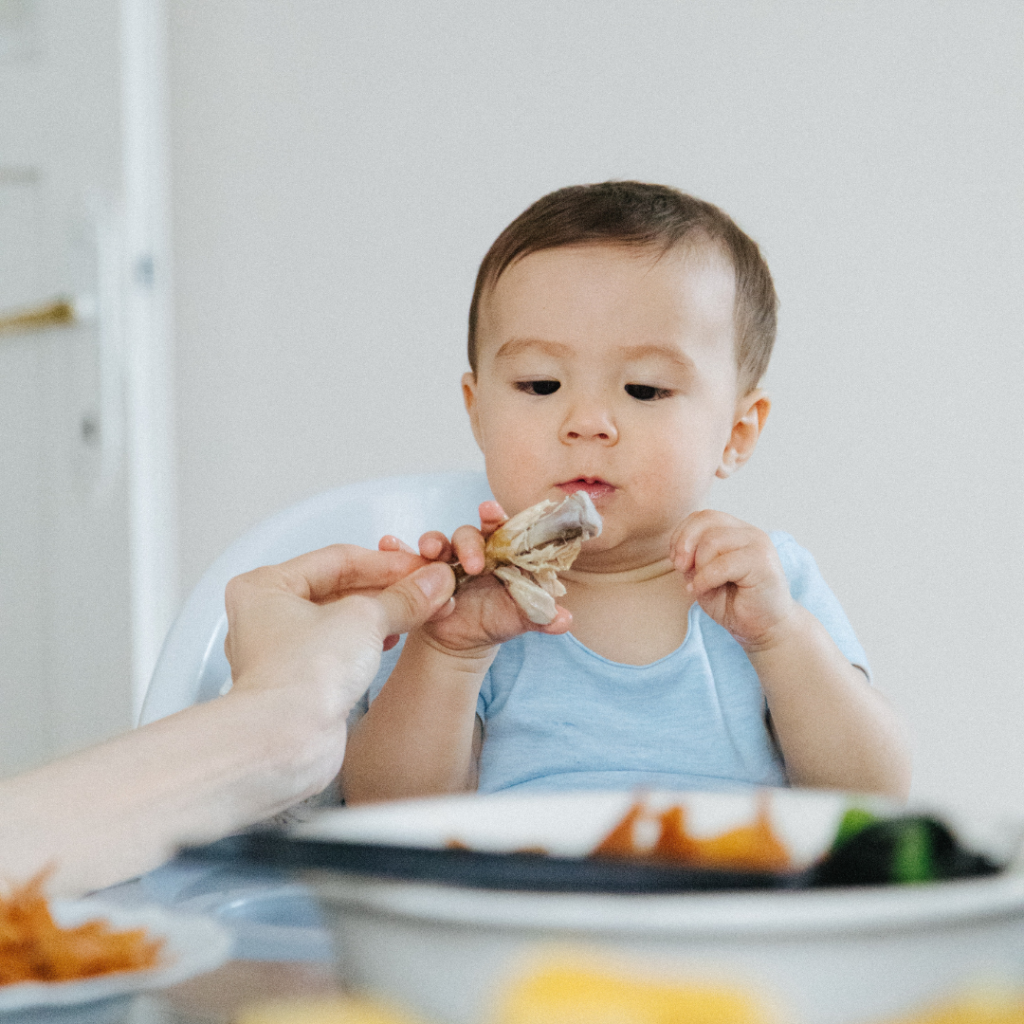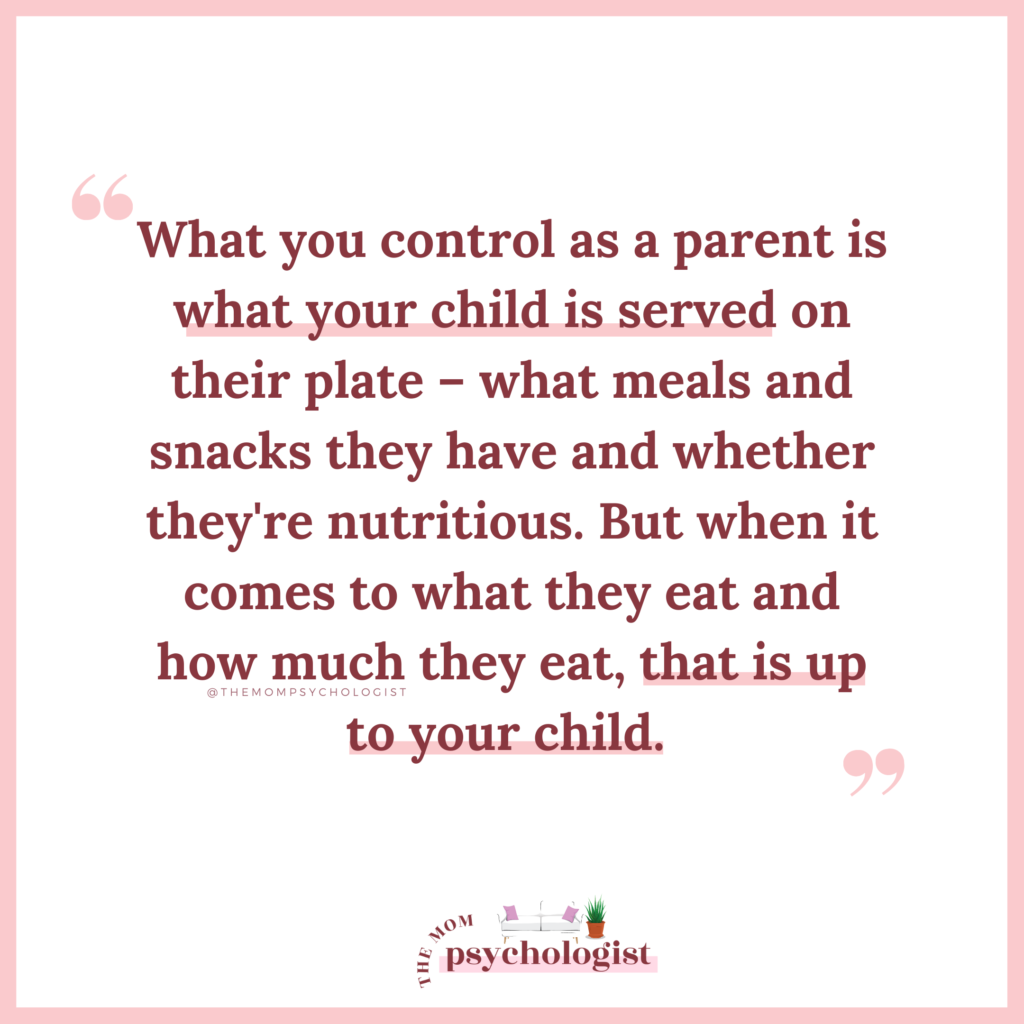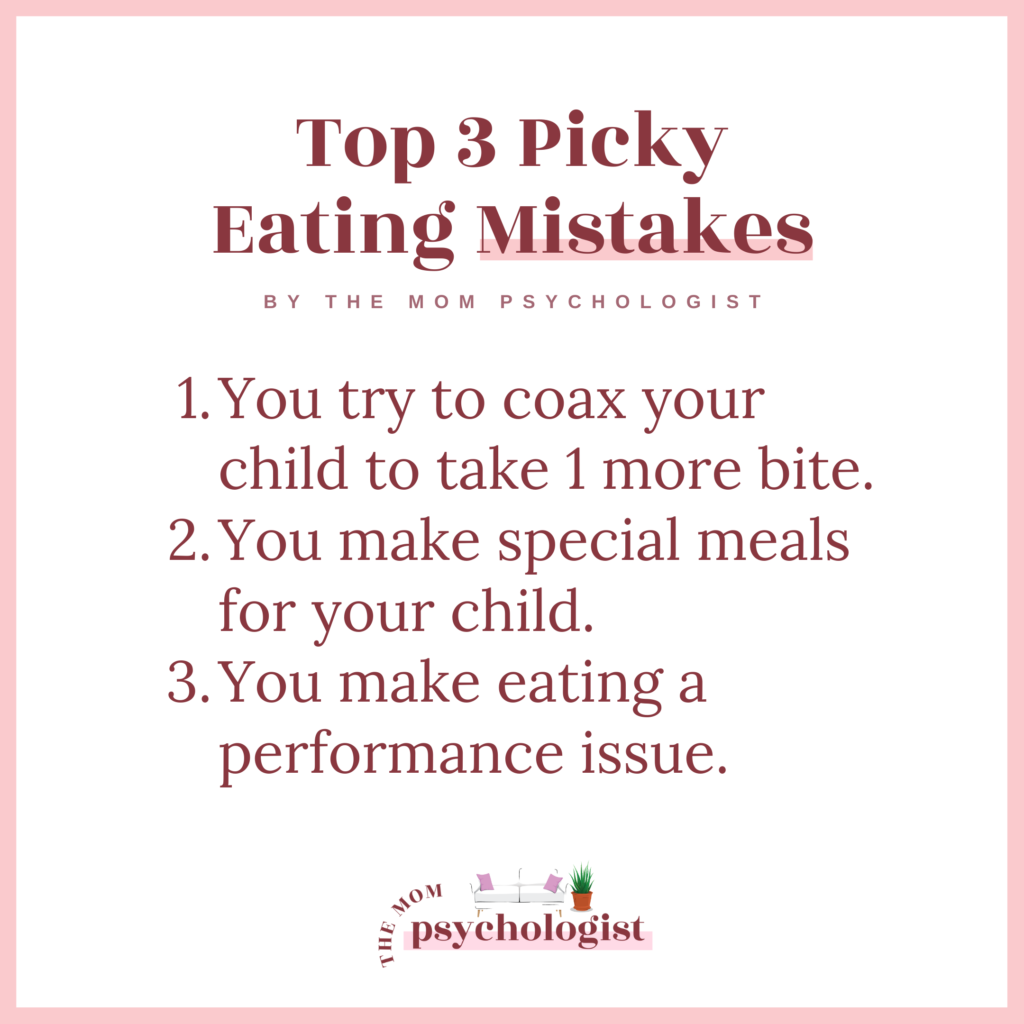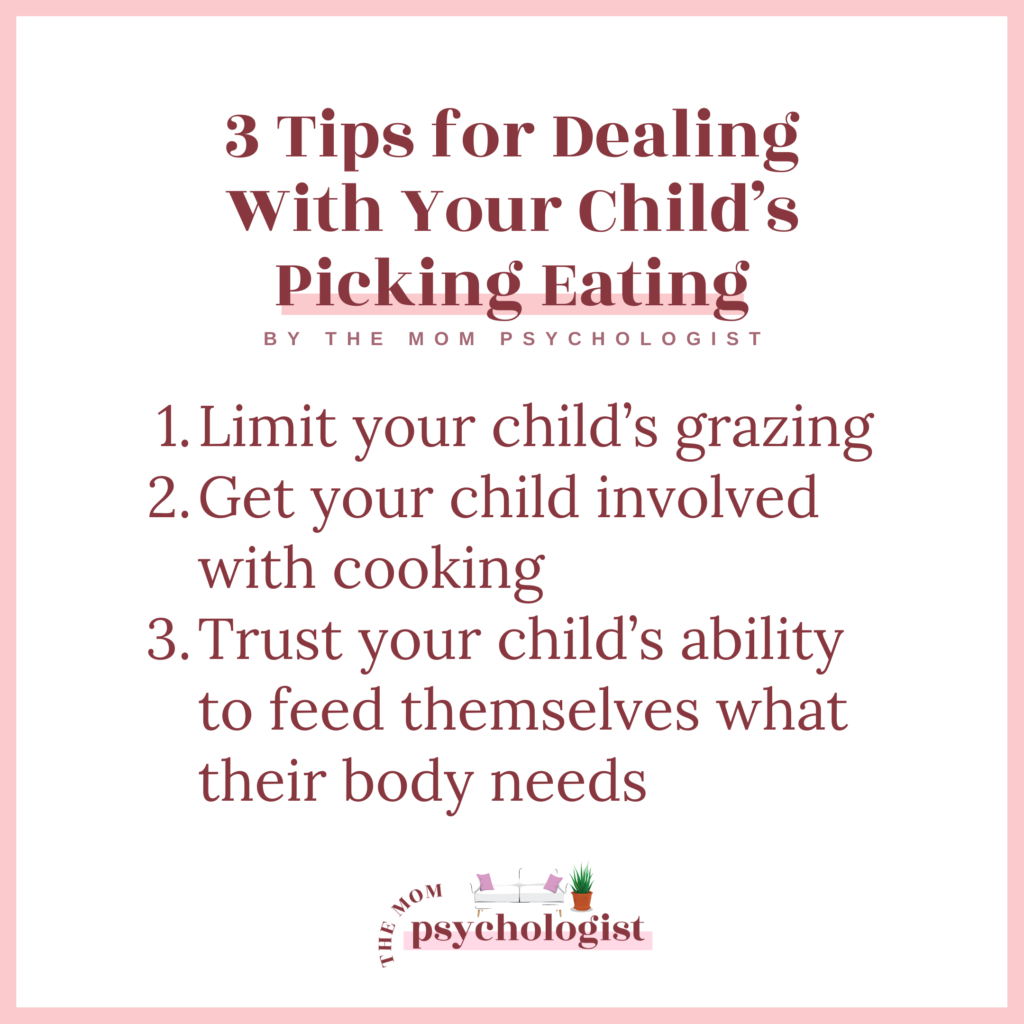watch now!
A place where I discuss all things related to toddlers and motherhood!
Subscribe to my Youtube channel
As a clinical psychologist, published author, and mother to two cheeky young children, I get it. I’ve spent YEARS researching and filtering through the noise online, so you don’t have to.
PARENTING TIPS
POTTY TRAINING
ANTIRACISM
PLAY
Blog Topics
SIBLING RIVALRY
SCREEN TIME
TANTRUMS
DISCIPLINE
Hi I'm Dr. Jazmine
When Your Child is a Picky Eater: 3 Mistakes to Avoid & 3 Strategies to Help
topics:
Let’s talk about picky eating. The type of little ones that no matter what you put on their plate, they don’t want it unless it’s a hot dog, chicken nugget, cheese, some kind of carb, or junk food. And you’re ready to pull your hair out because mealtimes are no longer enjoyable since you have so many worries about their nutrition and health.

What’s the best way to deal with your child or toddler’s picky eating?
First, make sure you rule out with your child’s pediatrician any medical reasons they might be a picky eater, like any sensory or eating issues.
But, when you think about eating, it’s like bedtime or potty training in the sense that you don’t have control over what your child actually eats and how much they eat.
What you control as a parent is what your child is served on their plate – what meals and snacks they have and whether they’re nutritious.
And you can influence how they learn about mealtime behavior. You can teach them about healthy foods and the benefits of healthy foods, healthy eating, and a healthy lifestyle.
But when it comes to what they eat and how much they eat, that is up to your child.
They have control over what they actually put in their mouth and how much they put in their mouth.
So it’s important to remind yourself of what your role is and what your child’s role is. Children have a healthy need for power and control, just like we all do. If they sense you are too emotionally invested in this, they are going to take this as their cue to exert more power and control because they can.
It takes two to engage in a power struggle, so don’t engage in it because you won’t win.
Instead, control what you can, which is supplying healthy snacks and meals. And then it’s up to your child how much of those healthy snacks and meals they want to eat.
I’m going to share with you 3 top mistakes we make as parents with picky eating kids – or what I like to call “selective eaters.”


Top 3 Picky Eating Mistakes
1. You try to coax your child to take 1 more bite.
You try pleading, bargaining, or bribing them. “Just 1 more bite, and then you can get your ice cream cone.”
But this only leads to power struggles because you can’t force your child to eat what they don’t want to eat. And the more you try to force them to eat, the more they’re like, “Now I REALLY don’t want to take that bite.”
It’s important to think about the overall picture. What is the nutritional value of that one bite? Instead, focus on how to help your child learn to be an intuitive eater. You want them to be in tune with their body signals and eat when they’re hungry and stop when they’re full.
When you try to coax them to eat more than what they want to, you’re diminishing their natural ability to intuitively eat, and it encourages overeating.

2. You make special meals for your child.
This looks like making them extra snacks or cutting the bread crust off or just doing all these extra things to make them want to eat.
But you don’t need to do that. It reinforces your child to request more of that from you. So you want to avoid bending over backward, and instead, feed them what you want to feed them.
I would suggest limiting the portions – make the portions small – so you’re not overwhelming them. And then that’s it. The kitchen is closed. Your child then has control over what they eat on their plate and how much.
3. You make eating a performance issue.
You may say, “You ate well today. You’re a good eater,” or, “Oh, you didn’t eat well today. You’re a picky eater.”
We attach labels to their eating and make it about a performance when it shouldn’t be about that. Instead, you want to encourage intuitive eating.
You want to encourage your child to eat when they’re ready to eat and stop when they’re not. And you don’t want to put any descriptions or labels on this because that further inhibits their self-esteem and can reinforce the power struggle.


3 Tips for Dealing With Your Child’s Picking Eating
1. Limit your child’s grazing
Make sure when your child shows up for mealtime, they are ready to eat and are hungry. To do this, try getting on to a schedule for when you eat meals (which, of course, can be a flexible schedule).
When you eat snacks, have them sit at the table to help with concentration and make it more structured. This limits distracting eating – or other food behavior issues like food throwing – which can cause them not to eat enough and want to graze throughout the day.
2. Get your child involved with cooking
I know it’s not always possible, but when you can, invite your child to share meal ideas, help pick out foods at the grocery store, or get involved in the cooking process.
Being part of the preparation can get them excited and looking forward to the meal.
3. Trust your child’s ability to feed themselves what their body needs
This goes back to letting go of the control and trusting your child is in tune with their own body.
Instead, focus on providing healthy meals and snacks, and then take a step back, take a deep breath, and trust the process.


If you need a deeper understanding of how to handle picky eating and other misbehaviors, I have a free workshop, How to Get Your Kids to Listen Without Yelling, where we work through discipline and setting consequences with intention and respect.
Rooting for you,
Dr. Jazmine
Love this? Don’t lose it! Click below and save it to your Pinterest!

Leave a Reply Cancel reply
Copyright The Mom Psychologist® 2025
grab my free script pack!
explore
work with me
information
About
Blog
YouTube
Podcast
Privacy Policy
Terms of Use
Product Disclaimer
Contact
TMP Times (Newsletter)